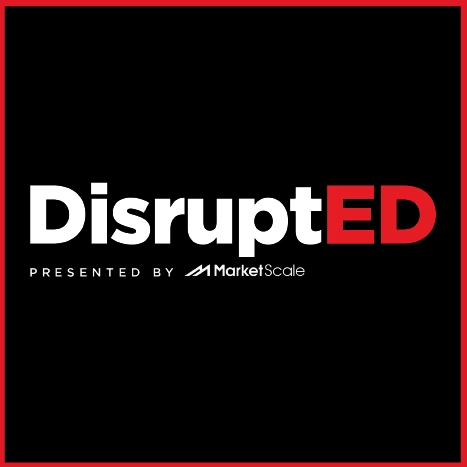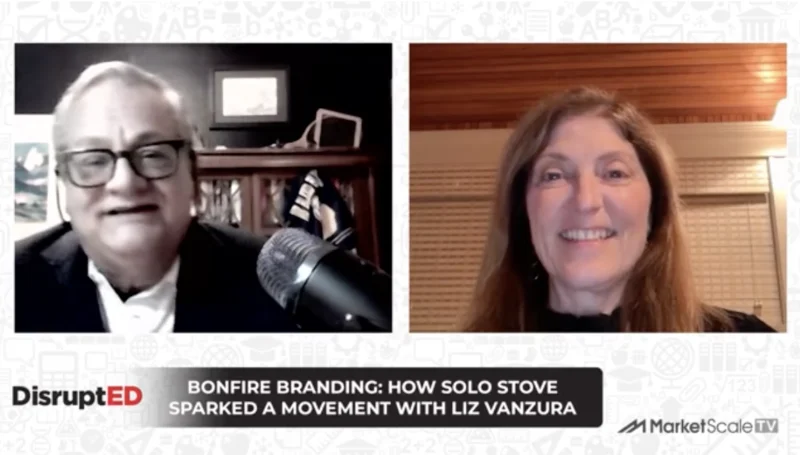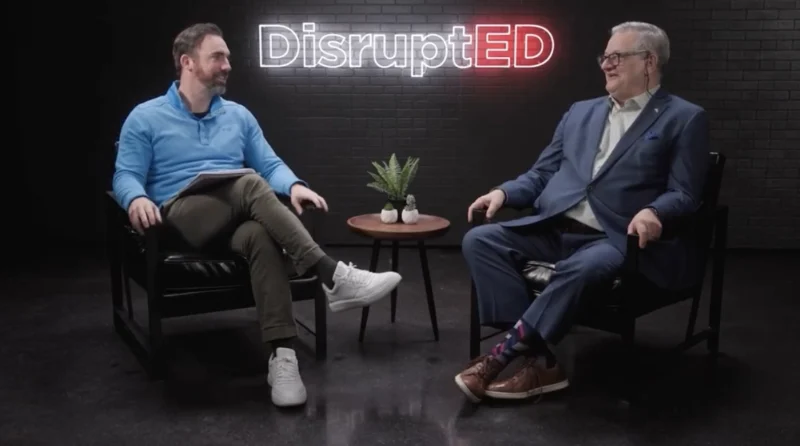Disrupting the Sport of Cheerleading: Establishing Cheerleading as an Official Olympic Sport in 2021 (Episode Two)
Cheerleading has evolved into a sophisticated, global sport, recognized for its athleticism, artistry, and ability to inspire confidence among youth. In 2021, cheerleading was recognized as an official Olympic sport, underscoring its significance on the international stage. This transformation reflects the efforts of innovators like Jeff Webb, whose leadership and vision turned cheerleading into a billion-dollar industry.
What does it take to transform a grassroots sport into an internationally recognized discipline, and what challenges accompany such a monumental shift?
In the second episode of this two-part series on DisruptED, hosts Ron J. Stefanski and Ashley Williams sit down with Jeff Webb, the founder of Varsity Spirit and president of the International Cheer Union. Webb delves into the pivotal decisions that led to cheerleading’s global growth, its Olympic inclusion, and the entrepreneurial ingenuity that built the industry around it.
The main points of conversation:
– The Power of Television: How cheerleading competitions were adapted for television audiences, beginning a new era of visibility and growth.
– Cross-Marketing Innovations: The integration of camps, uniforms, and competitions into a cohesive business model that fueled the sport’s expansion.
– Internationalization and Olympic Recognition: Strategies for globalizing cheerleading and navigating the complex processes for International Olympic Committee recognition.
Jeff Webb is a transformative figure in the cheerleading industry and a master entrepreneur. As the founder of Varsity Spirit, he revolutionized the sport through camps, competitions, and uniforms. The company sold for $2.5 billion in 2018. Currently, Webb serves as the president of the International Cheer Union, where he has successfully led efforts towards getting cheerleading recognized as an official Olympic sport.
Article written by MarketScale.




